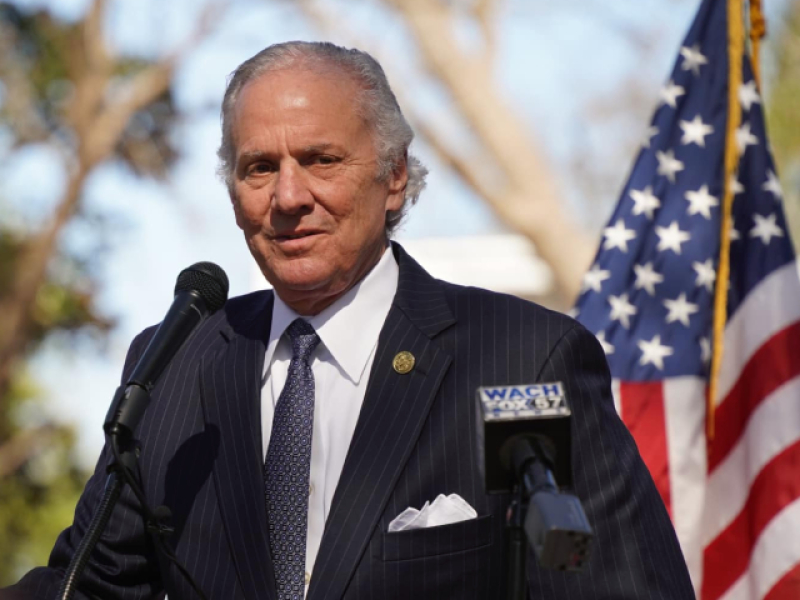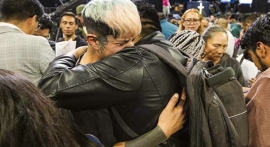
The Republican governor of South Carolina has signed into law that would designate churches as "essential services" that must be allowed to continue operations despite a pandemic.
On Monday, South Carolina Gov. Henry McMaster signed into law a bill that would protect churches and other religious organizations from discrimination during national emergencies such as the COVID pandemic. The measure would allow such organizations and institutions to continue to operate during a state of emergency. The bull said it would "provide that religious services are deemed an essential service and must be allowed to continue operations."
"Houses of worship and religious organizations provide soul-sustaining operations that are essential to our society and protected by the First Amendment," Alliance Defending Freedom Legal Counsel Greg Chafuen said in a statement, as per ABC15 News. "This bill takes the modest step of ensuring that officials cannot use a public crisis to discriminate against religious operations in violation of the Constitution."
Chafuen decried how the government has treated houses of worship and religious organizations "worse than shopping centers, restaurants, or gyms" during the COVID pandemic, ordering them to cease operations and shut down while people isolated in their homes. ADF commended the governor for "taking action to defend religious freedom in South Carolina."
According to Faithwire, the South Carolina law that allows houses of worship to be labeled as "essential" and operate during emergencies orders that the state "may not limit the ability of a religious organization to continue operating and to engage in religious services during a state of emergency to a greater extent than it limits operations or services of other organizations or businesses that provide essential services."
When the COVID pandemic began in early 2020, many states across America, including South Carolina, shutdown salons, restaurants, event spaces, and gyms, but McMaster repeatedly opposed the idea of closing down churches. The Republican leader reasoned that doing so would violate the state's citizens' freedom to practice their respective religious beliefs.
In Kentucky, a similar law had been signed by Democratic Gov. Andy Beshear earlier this month. According to CBN News, the Democratic leader signed into law the "The Church is Essential Act" or HB 43, which protects religious liberty in response to restrictions imposed by the COVID pandemic. The Kentucky House, which is led by Republicans, passed the bill after an 83 to 12 vote on March 1.
The Family Foundation executive director David Walls called the passing of the bill "a victory for religious freedom in our Commonwealth." He added that with HB 43, churches will be "rightfully be recognized as essential in Kentucky" and that the government will no longer be able to use its emergency powers to "abuse" and "shut down" churches or "discriminate" against religious groups and organizations.
The passing of HB 43 was met with criticism from the left-wing organization, the ACLU of Kentucky, which argued that the bill may be used by religious groups to violate emergency laws. But Gov. Beshear's spokesperson Scottie Ellis explained that the bill "does not eliminate, but instead sets parameters and a process for regulation of religious services and organizations in times of pandemic."



















